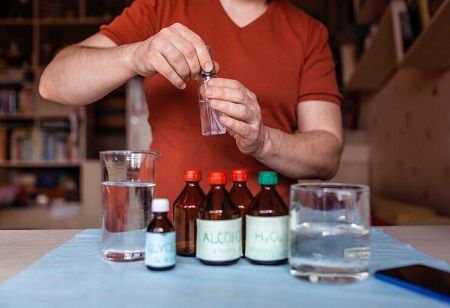India Pharma Outlook Team | Monday, 13 October 2025

The Enforcement Directorate (ED) launched a search operation at seven locations in Chennai connected to the ongoing investigation of Coldrif cough syrup after the deaths of many children.
The searches were carried out at locations related to Sresan Pharmaceuticals, the syrup's manufacturer, and the residences of high-ranking officials with the Tamil Nadu Food and Drug Administration (TNFDA).
The searches were carried out under the Prevention of Money Laundering Act (PMLA). The investigation is focused on alleged financial irregularities in the manufacture and sale of the contaminated syrup.
Also Read: Quality Gaps in India's Pharma Industry: Cough Syrup Case Study
Tests from a laboratory indicated that Coldrif syrup contained dangerous levels of diethylene glycol, measuring 48% when the permissible limit is only 0.1%. These results raised issues of proper manufacturing processes. Sresan Pharmaceuticals, a licensed company since 2011, was being investigated for significant violations of national drug safety guidelines.
Shortly after the cold syrup investigation began, the inquiry into Sresan Pharmaceuticals indicated violations, such as deficient infrastructure, poor or non-compliance with Good Manufacturing Practices and using chemicals that were not considered pharmaceutical-grade.
As per reports, TNFDA withheld crucial inspection findings from the Central Drugs Standard Control Organisation (CDSCO) and permitted Sresan Pharma to continue operating in a navigate oversight for more than 10 years. Even during recent inspections ordered by the Madhya Pradesh government, TNFDA officials failed to provide toxicologic findings necessary to differentiate state and central regulators.
Subsequently, CDSCO recommended that Sresan Pharma's manufacturing license should be revoked and criminal charges filed. In the meantime, the company's owner, G Ranganathan, was arrested by the Madhya Pradesh Police on October 9. ED's ongoing investigation is aimed at following the money trail, making people accountable, and preventing similar threats to public health in the future.